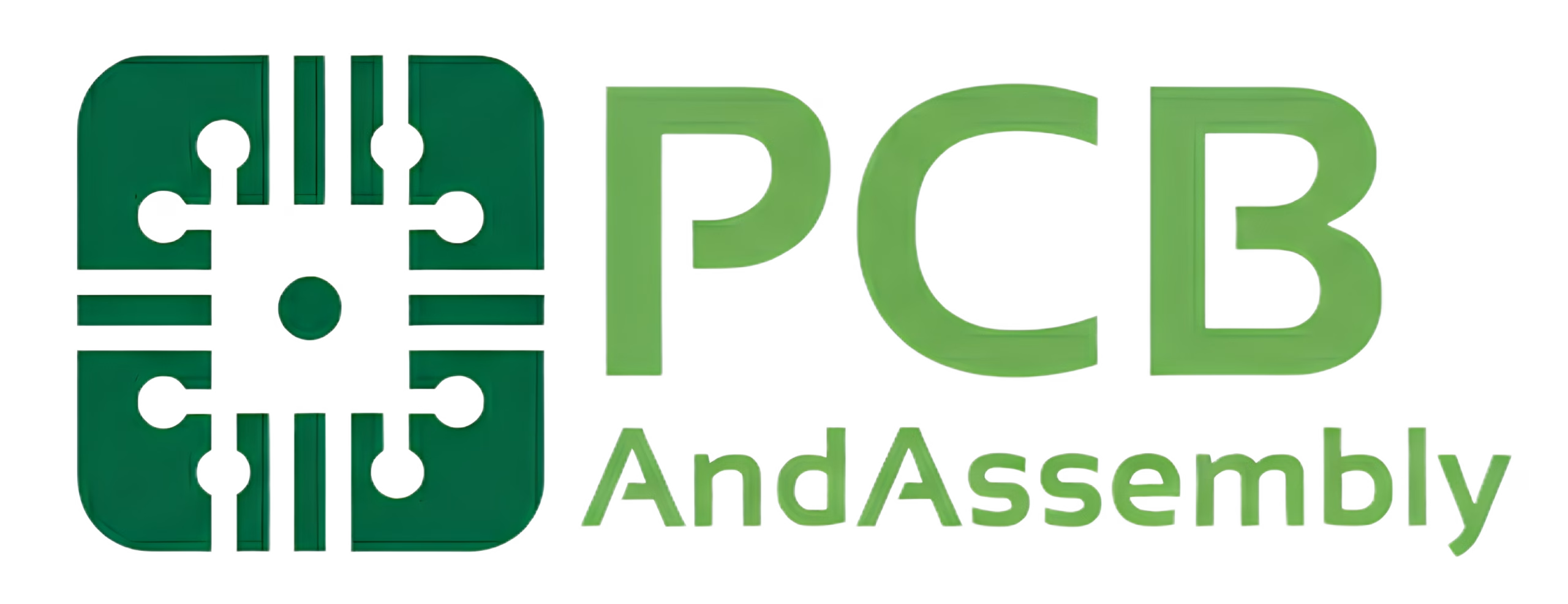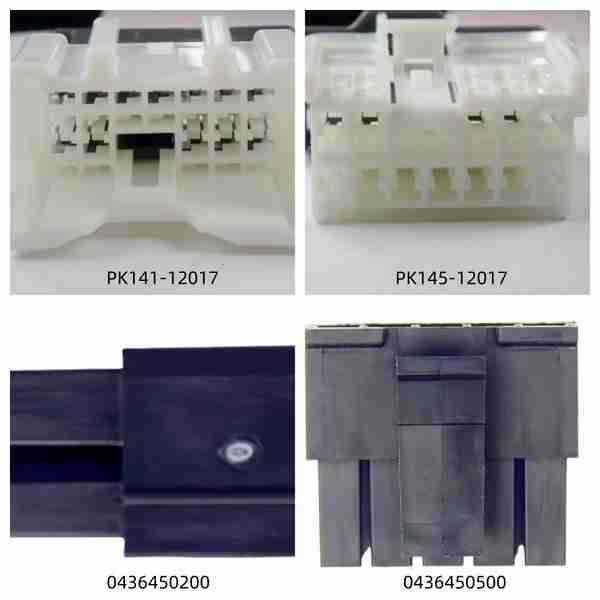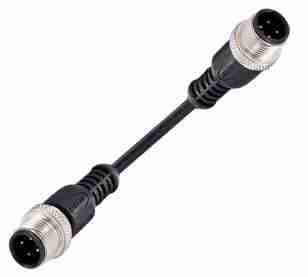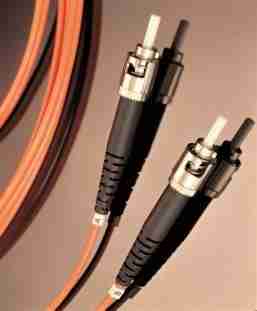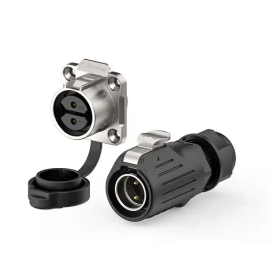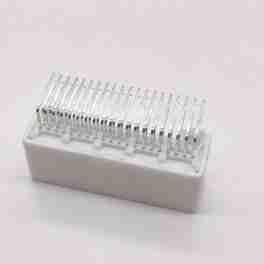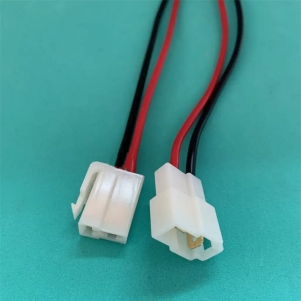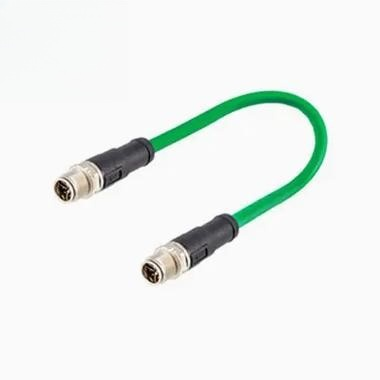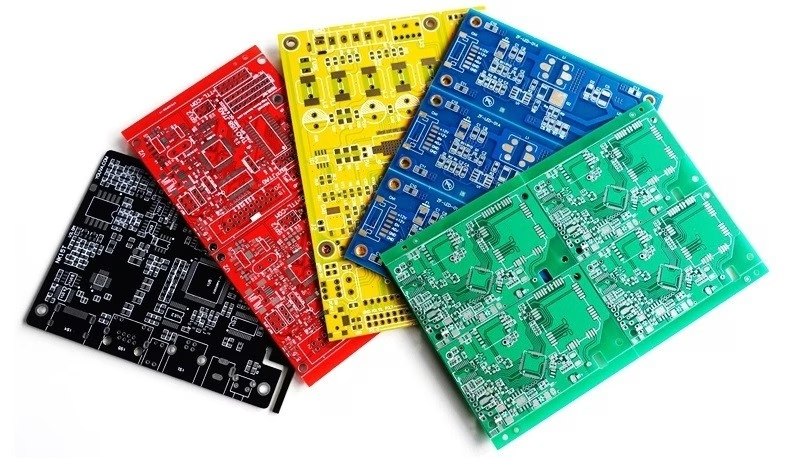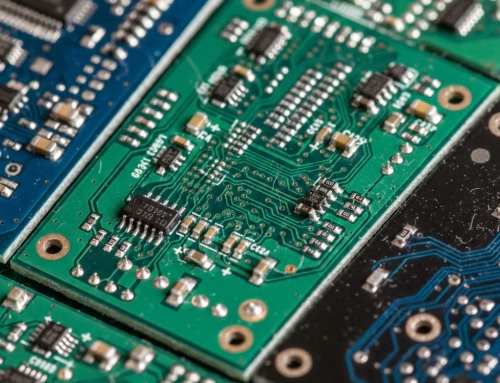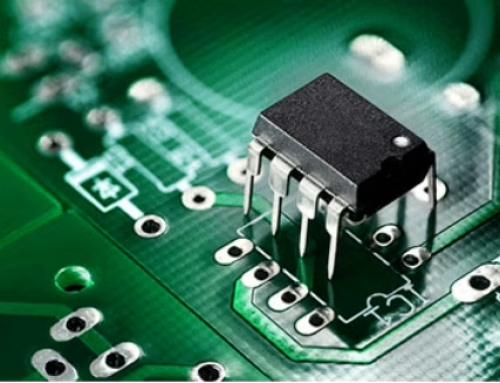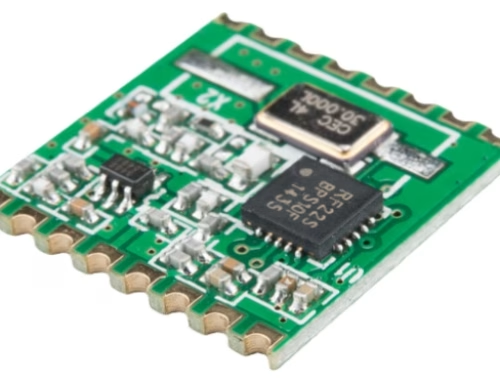A Complete Guide to Connectors
Get Your PCB Quote!
Table of Contents
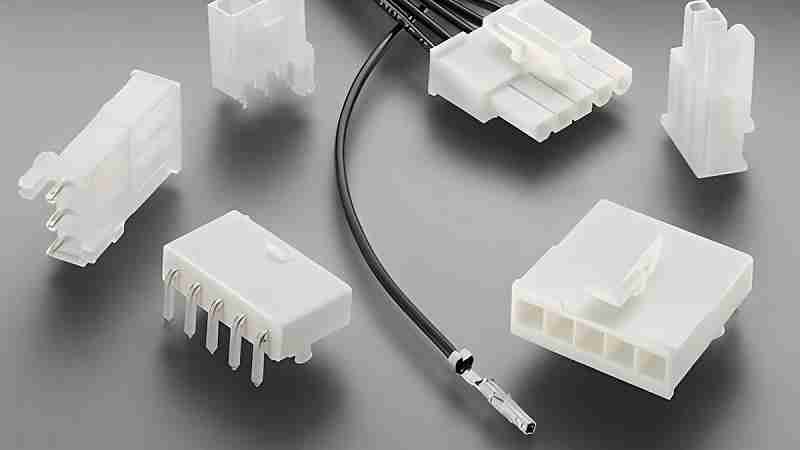
A connector is a key component used to connect electronic circuits or transmit signals. It enables reliable transmission of current, signals, or optical signals between different devices through a physical interface. And accurately identifying whether a connector is original and new is very important for users.
A connector is a key component used to connect electronic circuits or transmit signals. It enables reliable transmission of current, signals, or optical signals between different devices through a physical interface. And accurately identifying whether a connector is original and new is very important for users.
1. Connectors Overview
(1) Function
Connectors establish pathways at circuit blockages to ensure the flow of current or signals, and have detachable characteristics, which facilitates equipment maintenance and upgrades.
(2) Transmission Medium
In addition to current, fiber optic connectors can also transmit optical signals, replacing traditional wires with glass or plastic media.
2. What are the Types of Connectors?
2.1 Classification by Structure/Appearance
(1) Circular Connectors: mostly used in military fields such as aviation and aerospace, with high reliability.
(2) Rectangular Connectors: commonly used in printed circuit boards of electronic equipment, with simple structure.
(3) Fiber Optic Connectors: such as FC type (metal sleeve screw buckle) and SC type (rectangular shell), suitable for optical signal transmission.
2.2 Classification by Connection Method
(1) Plug Connectors: The straight-in type is used on electronic equipment boards, and the spring type is used for communication equipment.
(2) Welding Connectors: divided into surface mount (small equipment) and plug-in type (large equipment).
(3) Threaded/Snap Connectors: the former is used in high-reliability scenarios (such as automotive electronics), and the latter supports quick connection.
2.3 Classification by Application Scenario
(1) Automotive Connector: Covers fuel vehicles and new energy vehicles, connecting autonomous driving systems and electronic components.
(2) Power Connector: Applied to high current scenarios such as electric forklifts, UPS power supplies, and power communication systems.
(3) Cable Connector: Used for internal signal transmission of communication equipment (such as data, audio, and video).
3. What are Connectors Used for?
(1) Car Connectors for Automotive Industry: New energy vehicle manufacturers, TIER 1 suppliers, and autonomous driving systems.
(2) Communication Network Connector: Optical fiber systems, digital program-controlled switches, and optoelectronics transmission equipment.
(3) Power System Connector: Electric vehicles, mining electric locomotives, and power communication equipment.
(4) Consumer Electronics Connector: Micro connectors for mobile phones, computers, and other devices (such as SIM cardholders).
And so on….
4. What are the Technical Features of the Connector?
(1) Contact Termination Form: Including crimping, welding, wrapping, etc., which affects the stability of the connection.
(2) Environmental Adaptability: Environmentally resistant connectors are suitable for extreme conditions (such as waterproof and dustproof).
Through diverse structural and application designs, connectors have become an indispensable bridge component in modern electronic systems.
5. How to Know Whether the Connector is an Original and New Product?
To determine whether the connector is an original and new product, you can use the following dimensions to make a comprehensive identification:
5.1 Appearance and Process Details
(1) Surface Condition
The surface of the original and new connector is smooth and clean, without scratches, dents or aging of the rubber particles, and the color is uniform. Refurbished electronic parts may have surface oxidation or polishing marks due to secondary processing.
(2) Interface and Tolerance
The original product interface tongue is flat, the pin arrangement is regular (such as the original Apple charging head tongue is snow-white with a specific pin layout), and the gap is uniform and not loose. Imitation products may have excessive tolerances or interface wear.
5.2 Production Logo and Packaging
(1) Laser Coding
Some original connectors will be marked with serial numbers or production batches by laser coding. If the product has a logo but has scratches or blurred fonts, it may be a refurbishment of a quality inspection discarded product. If the unmarked version has better craftsmanship and no defects, it may be an original product from a new batch.
(2) Packaging and Accessories
Original product packaging is usually sealed intact, with no signs of unpacking, and comes with a clear instruction manual. The serial number must be consistent with the product label. Some brands (such as Apple) support verification on the official website through the serial number.
5.3 Use Traces and Materials
(1) Terminals and Plugs
New terminal ports are free of rust or oxidation, and the plug color is uniform (such as imitations may be black or have signs of use.). The original connector material feels delicate, and imitations may use cheap plastic.
(2) Structural Stability
The components of the original product are tightly combined, and there is no looseness when pressed. Imitations may have uneven gaps or shaking parts due to poor workmanship.
5.4 Official Verification and Channels
Check the serial number or production information through the brand’s official channels;
Give priority to authorized dealers and avoid purchasing non-original products through low-priced channels.
Notes: Some refurbished connectors may have an appearance close to the original, which requires cross-verification in multiple dimensions. If you have doubts about the professionalism, it is recommended to entrust the brand after-sales or third-party testing agency to identify it.
6. Which Brand Connectors are the Most Popular Connectors?
(1) MOLEX Connectors
(2) JST Connectors
(3) TE & Tyco Connectors
(4) Aptiv & KUM Connectors
(5) Amphenol Connectors
(6) FCI Connectors
(7) FOXCONN Connectors
(8) JAE Connectors
(9) Hirose Connectors
(10) Foxlink Connectors
(11) Phoenix Connectors
And so on…
7. Connectors FAQs
The female connector is generally a receptacle that receives and holds the male connector. Alternative terms such as plug and socket or jack are sometimes used, particularly for electrical connectors.
Connectors enable contact between wires, cables, printed circuit boards, and electronic components. Our different types of connectors including PCB connectors and wire connectors are manufactured to reduce application size and power usage while enabling increased performance.
There are three types of cable connectors: coaxial cable connectors, twisted-pair cable connectors, and fiber-optic cable connectors with the twisted pair.
Connectors are used to join subsections of circuits together. Usually, a connector is used where it may be desirable to disconnect the subsections at some future time: power inputs, peripheral connections, or boards that may need to be replaced.
No. A majority of connectors are passive devices, excluding FireFlyTM for example. When looking at board-to-board connectors, it would be extremely difficult to damage them through an ESD event since they are pins in plastic.
Summary
Connectors can be divided into many types according to their functions, electrical performance, shapes, and application fields. These connectors play an important role in various fields and provide reliable solutions for the connection and transmission of electronic devices. As a key component in the electronic system, the authenticity and quality of the connector directly affect the stability and transmission efficiency of the entire system. If you need more infomation, please feel free to contact us.
Table of Contents
Get Your PCB Quote!
